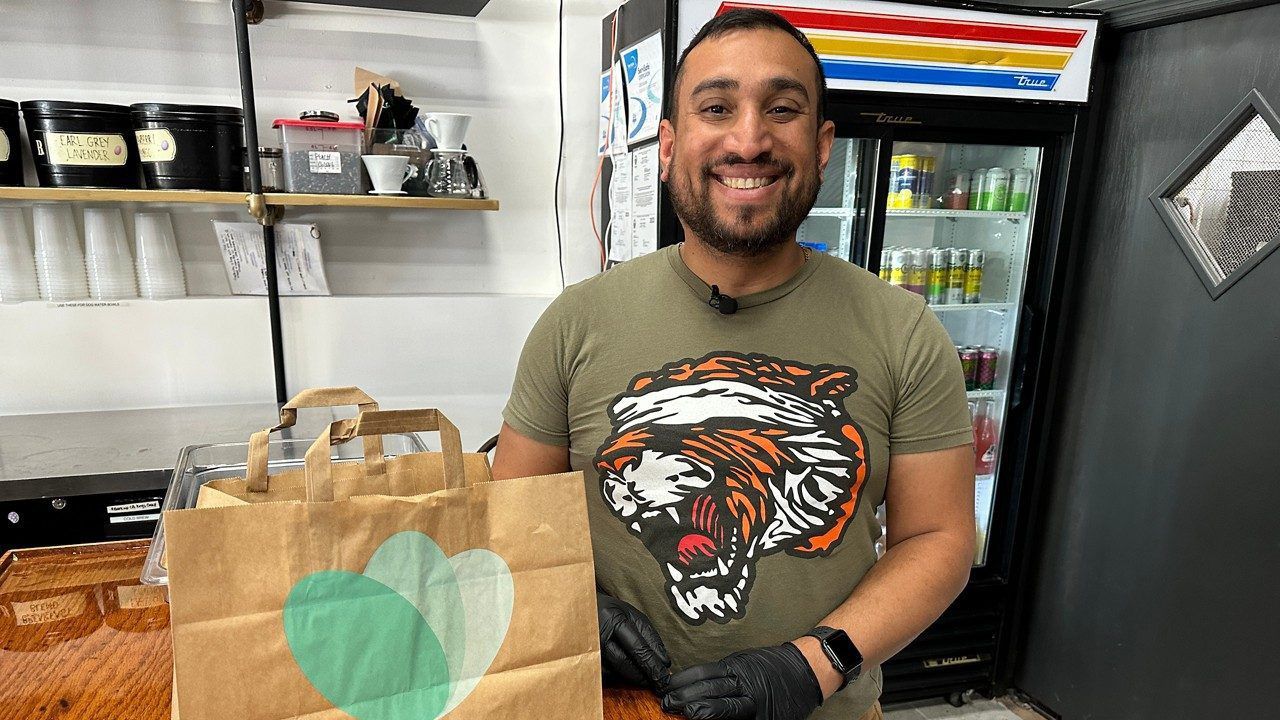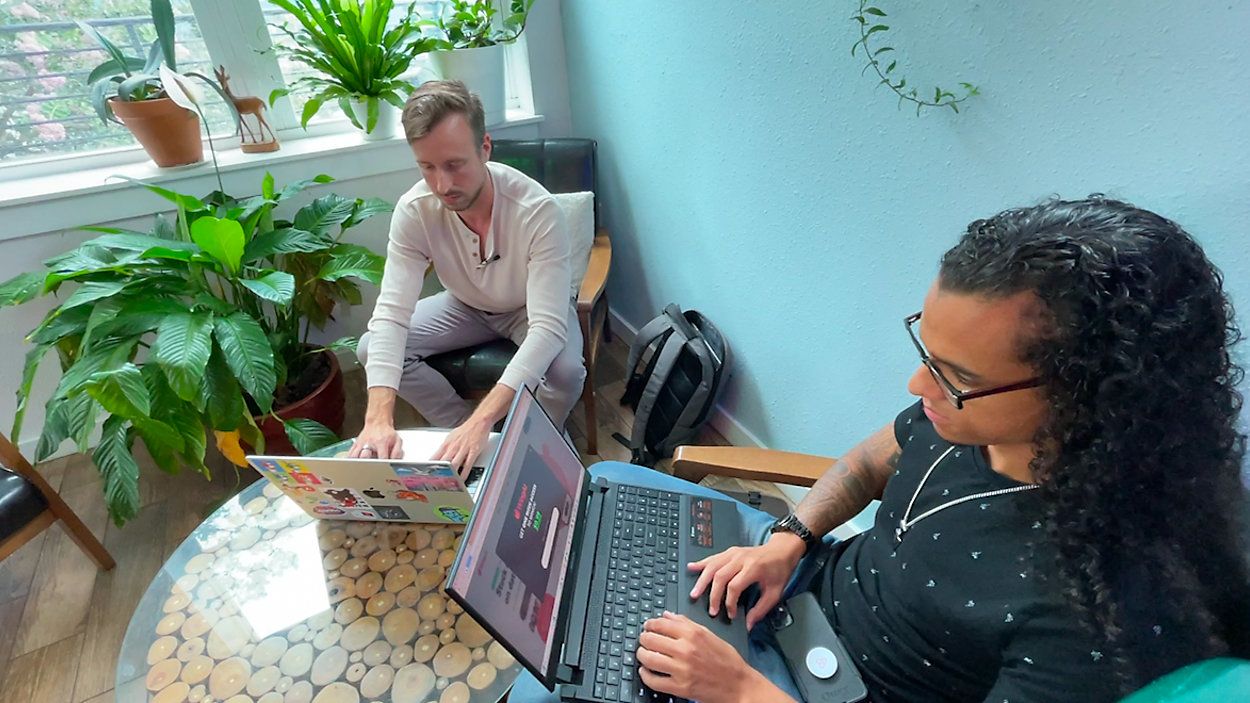ORLANDO, Fla. — OneBlood announced Wednesday it's experiencing a ransomware attack that is impacting its software system.
What You Need To Know
- OneBlood experiencing a ransomware attack
- Centers across the southeastern U.S. are working at reduced capacity
- However, OneBlood is still collecting, testing and donating blood
The nonprofit, which serves most of the southeastern United States, said it is working closely with cyber security specialists, along with federal, state and local agencies.
“OneBlood takes the security of our network extremely seriously. Our team reacted quickly to assess our systems and began an investigation to confirm the full nature and scope of the event. Our comprehensive response efforts are ongoing and we are working diligently to restore full functionality to our systems as expeditiously as possible,” said Susan Forbes, OneBlood senior vice president of corporate communications and public relations.
While the blood donation center is still operational — and is collecting, testing and distributing blood — the organization said it is operating at a significantly reduced capacity.
Company officials said they have asked more than 250 hospitals across Florida, North Carolina, South Carolina, Georgia and Alabama to activate their critical blood shortage protocols and to remain in that status for the time being, according to Forbes.
While all blood types are needed, there is an urgent need for O Positive, O Negative and Platelet donations, OneBlood said in a press release.
“The blood supply cannot be taken for granted. The situation we are dealing with is ongoing. If you are eligible to donate, we urge you to please make an appointment to donate as soon as possible,” said Forbes.
National blood centers, along with the AABB Disaster Task Force, are working to help keep OneBlood's blood supply stable by sending in blood and platelets.
A cyber security professional in Florida says incidents like the OneBlood attack appear to be happening more often.
Jeff Birner says he pays close attention to cyber attacks as part of his work with IT Consulting St. Petersburg.
"It's not surprising, because this is cyber war at its finest," he said.
He is not connected to the OneBlood case, but says when health organizations are involved, there's more at stake than personal data.
"When we talk about critical services, such as the services that OneBlood provides, I mean, this is a dire moment for each one of these companies," said Birner. "They need the services to be activated."
For more information or to find a donation center, visit https://www.oneblood.org/.









